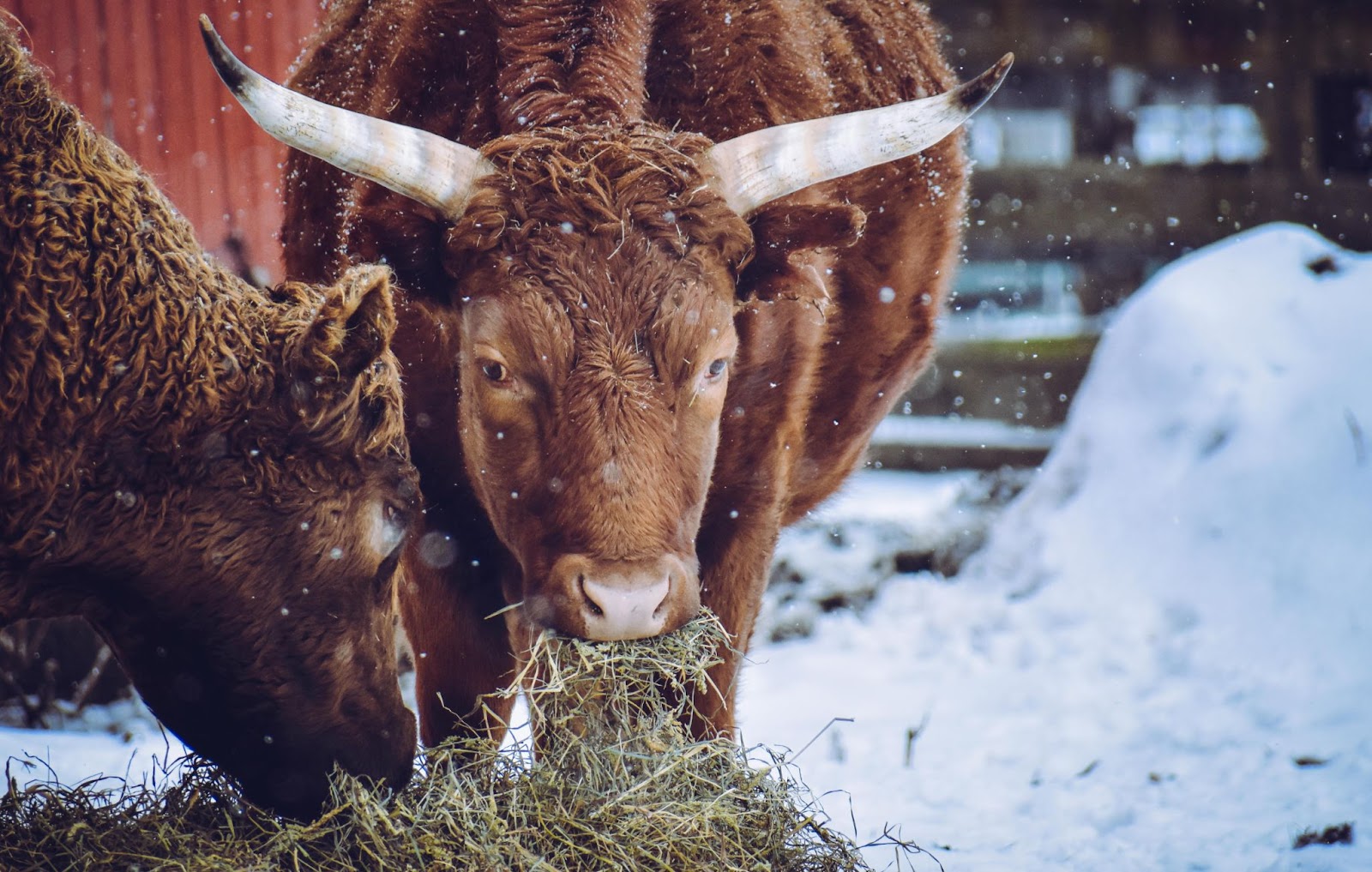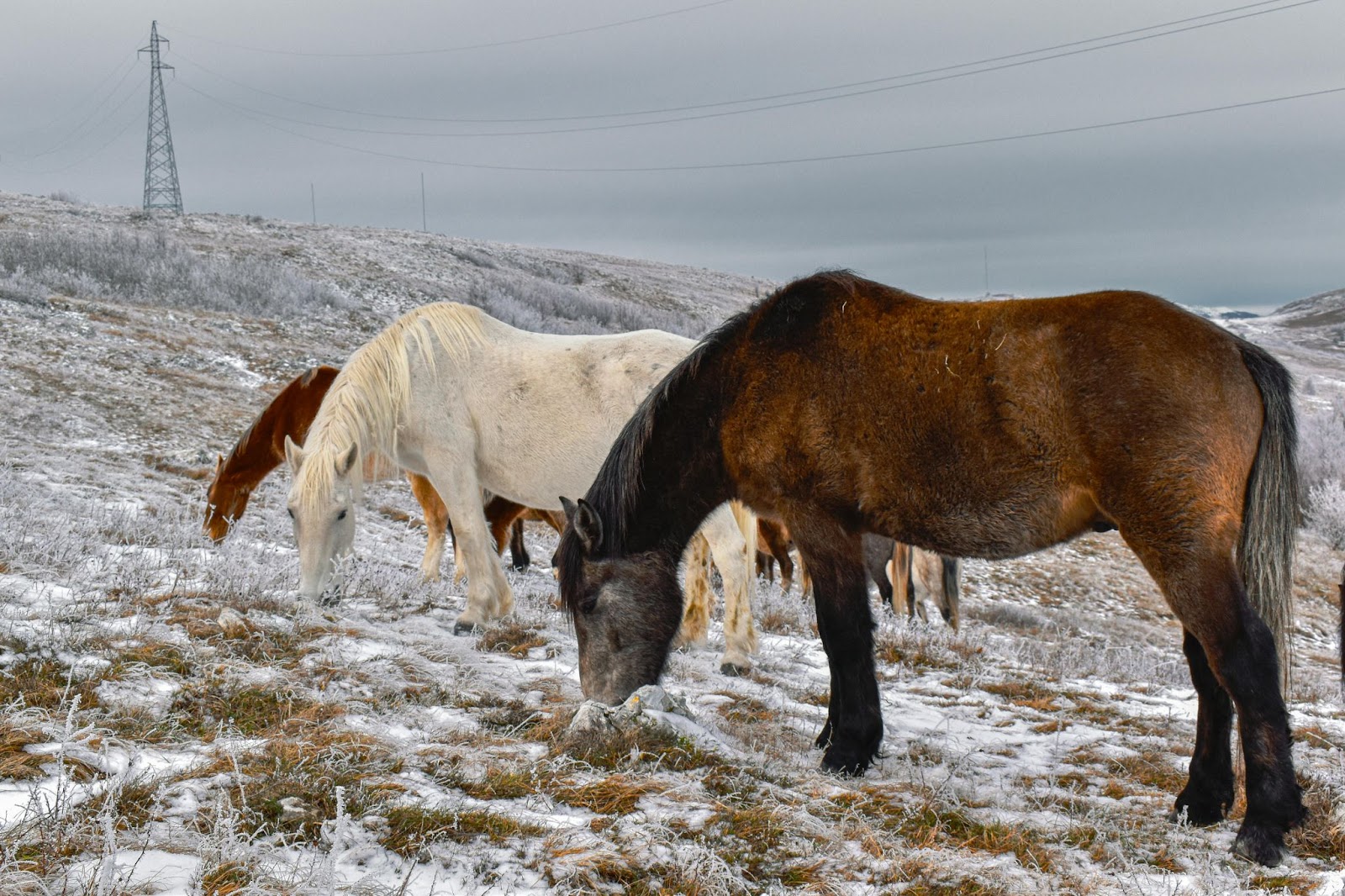As winter approaches, it’s important to remember that the cold can affect our pets and livestock in ways we might not expect. While some animals are more adaptable to colder temperatures, others need extra care and attention to stay healthy and comfortable. The team at Sinton Vet Clinic is dedicated to helping you ensure your animals are well-prepared for the chill. From providing proper shelter and keeping paws safe from harmful chemicals, to adjusting feeding practices and preventing winter illnesses, we’ve compiled essential tips to keep your furry companions and livestock happy and healthy throughout the season.
Don’t wait for the cold weather to catch you off guard – contact us today at (361) 364-4551 to schedule a winter checkup or to ask any questions about how to protect your animals this season. At Sinton Vet Clinic, we’re here to help you keep your pets cozy and your livestock thriving all winter long!
Pet Owners: Keep Companion Animals Cozy
Even mild winters can feel harsh for our beloved pet companions, especially those not accustomed to or more susceptible to cold weather. It is vital that we take the preventative steps to keep our pets safe, which is why we recommend that any pet owners should follow these tips:
- Provide Warm Shelter
Pets that spend time outdoors, such as cats and dogs, need reliable access to insulated and weather-proof shelters that will help them to stay warm. We recommend that pet owners:
- Use straw or blankets for bedding inside an outdoor dog house.
- Ensure the shelter is elevated and positioned away from the wind.
- If temperatures drop below freezing, it may be necessary to bring pets indoors.
- Mind Their Paws
The cold and dry weather combined with frozen or salty sidewalks can lead to issues for your animal’s paws. Cracked or sore paw pads are a common consequence of the cold, which is why we advise pet owners to:
- Inspect paws after walks for signs of irritation or debris, cleaning the paws if necessary.
- Use paw balms that protect and moisturize the padding.
- Wipe paws thoroughly after any exposure to salt or de-icing chemicals – both of which are harmful.
- Adjust Food and Water
Cold weather often increases an animal’s calorie needs to maintain body heat. To ensure your furry family members have enough calories for the winter:
- Feed your pets slightly more than normal if they are active outdoors.
- Keep water bowls free of ice by using heated bowls or frequent refills.
- Be Aware of Hypothermia and Frostbite
Symptoms like shivering, lethargy, or discolored skin can indicate severe cold-related injuries, like hypothermia or frostbite. Be aware of these common symptoms:
- Shivering or trembling.
- Weakness or lethargy.
- Pale, gray, or bluish skin (especially on ears, paws, or tail).
- Cold and hard skin in affected areas.
- Slow, shallow breathing.
- Stiffness or difficulty moving.
If any of these symptoms appear, do not hesitate to seek veterinary attention at (361) 364-4551.
Livestock Owners: Protect Productivity and Health
The livestock in Southwest Texas may tolerate cold weather better than pets, but sudden drops in temperature can still pose significant challenges. Cold stress can affect their overall health, productivity, and well-being if not addressed. Providing proper care and preparation ahead of winter weather is essential to ensure their safety. To prepare for the winter months, livestock owners should:
- Provide Adequate Shelter
Livestock need a place to escape the wind, rain, and cold, making weather-proof shelter a necessity. We encourage the use of:
- Windbreaks, such as fences or natural barriers.
- Three-sided shelters or barn with proper ventilation to prevent moisture buildup.
- Keep Water Sources Accessible
The dropping temperature can easily cause water sources to freeze, making it difficult for animals to stay hydrated. As dehydration increases an animal’s susceptibility to cold-related injuries, Sinton Vet Clinic suggests:
- Insulated or heated water troughs that prevent freezing.
- Providing routine access to clean, unfrozen water.
- Adjust Feeding Practices
As their bodies fight off the cold, our livestock require more calories to stay healthy, making a diet adjustment necessary during the season change. As more energy is required, we recommend:
- Providing high-quality forage or supplements to support energy needs.
- Increasing hay rations is particularly effective for cattle as digestion generates body heat.
- Monitor for Cold-Weather Illnesses
Cold weather can take a toll on livestock health, making it essential to stay vigilant for signs of illness. Sudden temperature changes, damp environments, and close quarters can create ideal conditions for the spread of respiratory issues and other cold-weather ailments. Preventative care and timely intervention can make all the difference, so we suggest:
- Keep animals out of damp or overcrowded conditions.
- Watch for coughing, nasal discharge, or lethargy.
- Seek veterinary advice if needed.
Preparing for a Happy, Healthy Winter
Winter can be a challenging time for both pets and livestock, but with proper preparation, you can ensure their comfort and well-being throughout the colder months. By providing warm shelter, adjusting feeding practices, protecting against frostbite and hypothermia, and staying vigilant for signs of illness, you can help your animals thrive even in the harshest conditions. Regular monitoring and small adjustments to their daily care can prevent serious health issues before they arise. Remember, every effort you make to prepare now will keep your animals safe, comfortable, and productive through the season.
At Sinton Vet Clinic, we’re committed to supporting you every step of the way. Whether it’s answering questions, providing tips, or scheduling a winter wellness checkup, we’re here to help you keep your pets cozy and your livestock healthy all season long. Don’t hesitate to reach out to us at (361) 364-4551 – your animals will thank you!





